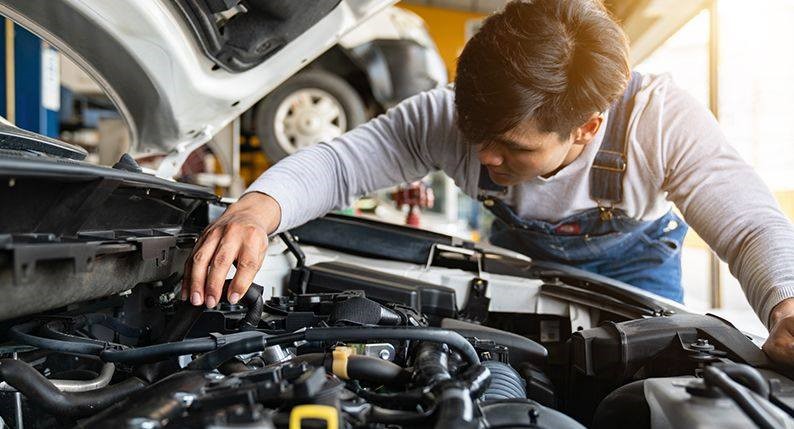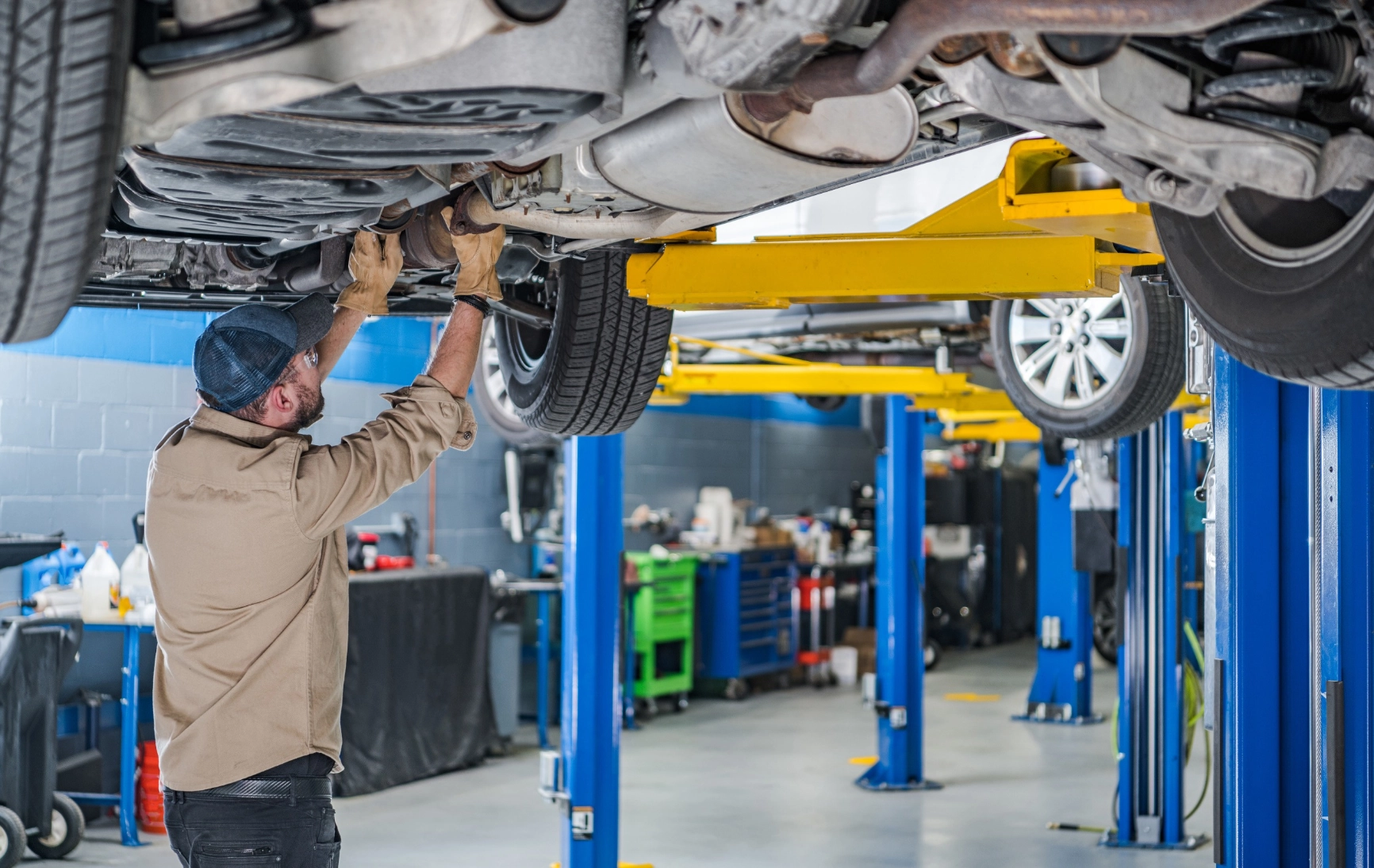All Categories
Featured

Your car's engine is the heart of your lorry, and maintaining it in leading condition is necessary for optimal efficiency and longevity. Regular engine tune-ups are an excellent method to preserve your automobile's wellness, enhance gas performance, and stay clear of pricey repairs down the roadway. Whether you're a car enthusiast or someone that just wishes to keep their car running smoothly, these engine tune-up ideas will certainly assist you get the most out of your automobile.
- Change Flicker Plugs. Ignition system play an essential role in starting your engine and making sure smooth burning. Gradually, ignition system can come to be dirty or put on out, bring about misfires, lowered gas efficiency, and harsh idling.
Throughout an engine tune-up, check and replace your ignition system if necessary. A lot of vehicles call for new stimulate plugs every 30,000 to 100,000 miles, relying on the type. Consistently replacing stimulate plugs guarantees correct ignition and ideal engine efficiency.
- Inspect and Clean the Air Filter. The air filter prevents dust, dirt, and particles from entering your engine. A clogged or dirty air filter restricts air movement, causing your engine to function tougher and melt even more fuel.
Evaluate your air filter during a tune-up and change it if it's dirty. In messy settings or locations with hefty pollution, you may require to change the air filter much more often. A clean air filter can enhance gas efficiency and extend the life of your engine.
- Examine and Change Belts and Hoses. Belts and tubes are vital for numerous engine functions, such as powering the generator, water pump, and cooling system. Gradually, these elements can crack, battle royal, or break, possibly causing malfunctions.
Throughout a tune-up, check belts and hoses for indications of wear and replace them if required. Replacing these components proactively can conserve you from costly repair services and avoid unforeseen failings.
- Tidy the Gas System. Your fuel system, consisting of the fuel injectors and gas lines, can collect dirt and carbon deposits with time, reducing engine efficiency. Cleansing the gas system throughout a tune-up assists enhance performance and fuel economic climate.
You can utilize a fuel system cleaner or have a professional mechanic carry out a more detailed cleaning. This step is particularly important for older vehicles or cars and trucks that often drive in stop-and-go web traffic.
- Check the Battery and Billing System. A healthy and balanced battery is important for starting your engine and powering electrical elements. Throughout a tune-up, examine the battery terminals for corrosion and ensure the links are limited.
Inspect the battery's voltage and change it if it shows indicators of weak point. Additionally, have the alternator and billing system evaluated to ensure your battery stays billed throughout procedure.
- Adjustment the Engine Oil and Oil Filter. Oil modifications are a basic component of engine maintenance. Engine oil lubricates relocating parts, decreases rubbing, and helps control engine temperature. Over time, oil becomes contaminated and loses its efficiency.
Throughout a tune-up, change the engine oil and oil filter to keep your engine running smoothly. Follow your vehicle's producer suggestions for oil kind and change intervals.
- Examine the Cooling System. The cooling system prevents your engine from overheating. In time, coolant can deteriorate or end up being contaminated, minimizing its effectiveness.
Check the coolant degree and condition during a tune-up, and flush and change it if required. Examine the radiator, water pump, and hoses for leakages or damages. A properly maintained cooling system assists your engine operate at the ideal temperature and protects against getting too hot.
- Evaluate the Ignition System. A faulty ignition system can trigger starting concerns and lowered engine performance. Throughout a tune-up, examine the ignition coils, representative cap, and rotor (if suitable) Replace any components that reveal indications of wear or damage to make certain smooth and reliable engine procedure.
- Listen for Unusual Sounds. Throughout a tune-up, seize the day to pay attention for any kind of unusual engine sounds, such as knocking, ticking, or hissing. These sounds can show underlying issues, such as shutoff troubles, loose components, or exhaust leakages. Dealing with these problems early can stop a lot more extensive damage.
- Usage Quality Parts and Fluids. When carrying out an engine tune-up, always use high-quality parts and fluids that satisfy your vehicle maker's requirements. Cheap or wrong parts can jeopardize your engine's performance and reliability.
Conclusion: A Well-Tuned Engine is Secret to Longevity. Routine engine tune-ups are necessary for keeping your automobile's efficiency, efficiency, and integrity. By replacing used elements, cleaning important systems, and dealing with possible concerns, you can keep your engine running efficiently for several years to find. Whether you're doing it yourself or depending on a relied on technician, buying tune-ups is a clever way to secure your automobile and take pleasure in a safer, smoother trip.
Latest Posts
Unlock Great Deals with Montclare Auto Repair Specials - Grab Yours Today!
Expert Vehicle Maintenance at Montclare Auto Repair - Don’t Wait, Act Now!
Empowering Young people with WyHy's Financial Tools
More
Latest Posts
Unlock Great Deals with Montclare Auto Repair Specials - Grab Yours Today!
Expert Vehicle Maintenance at Montclare Auto Repair - Don’t Wait, Act Now!
Empowering Young people with WyHy's Financial Tools
